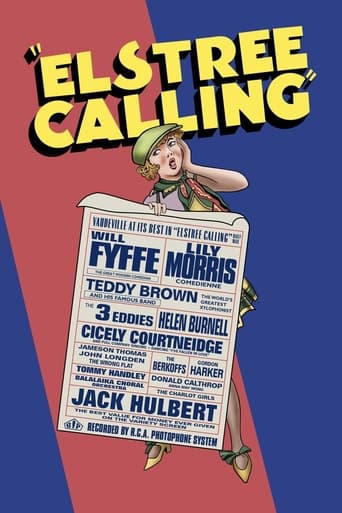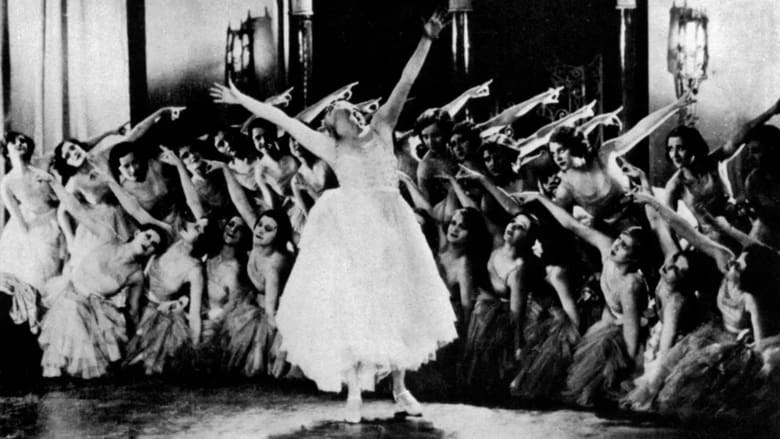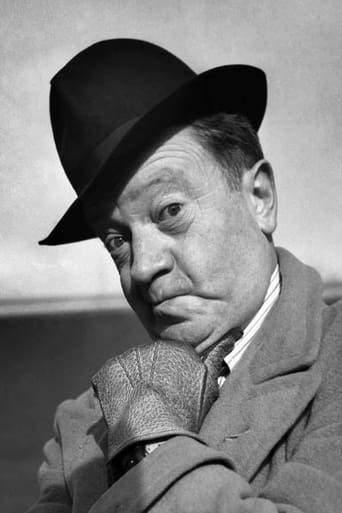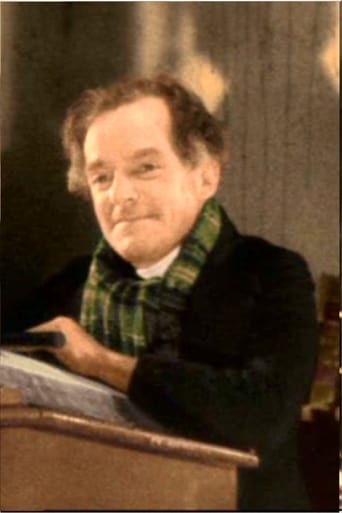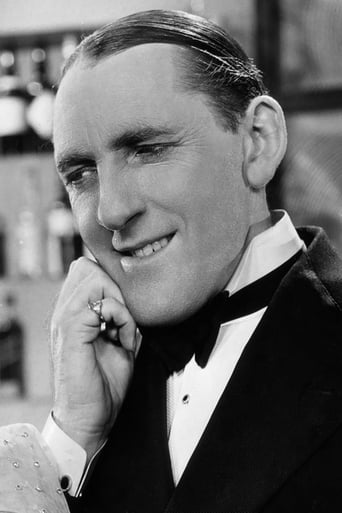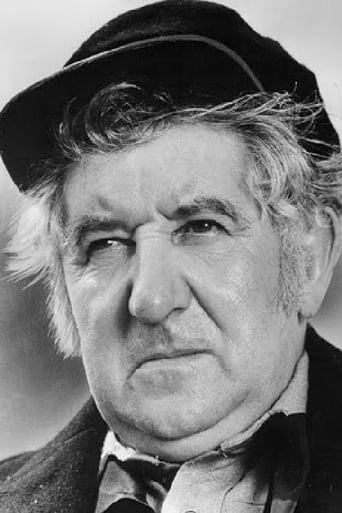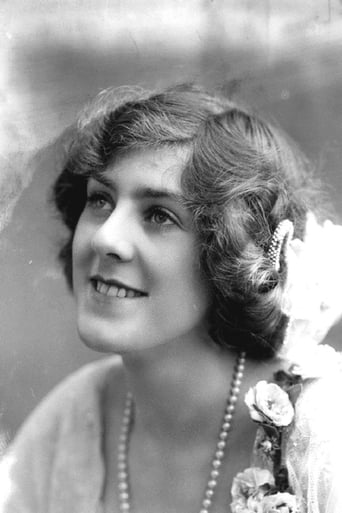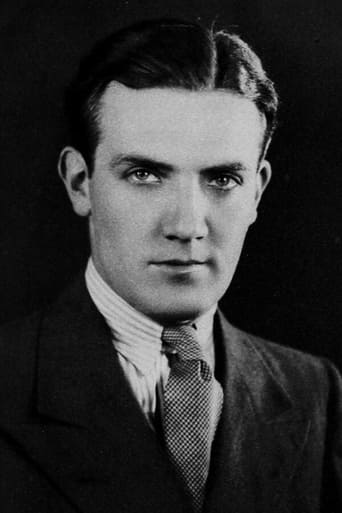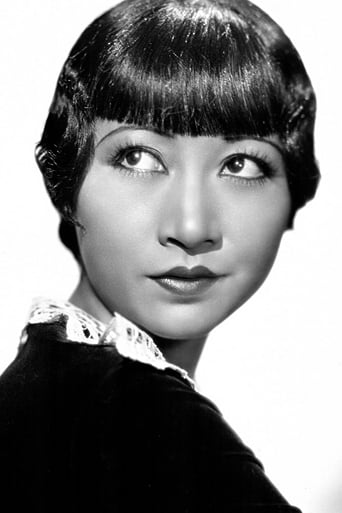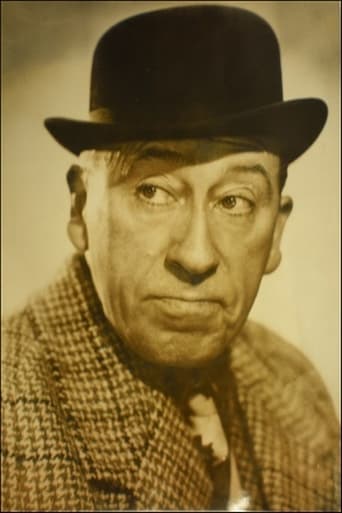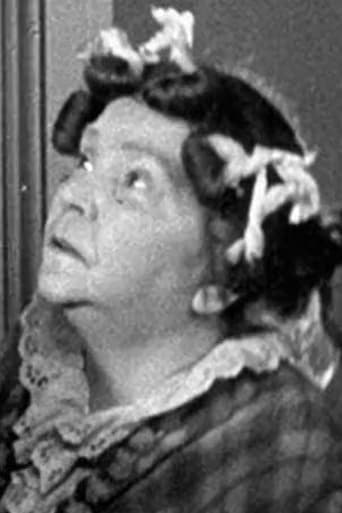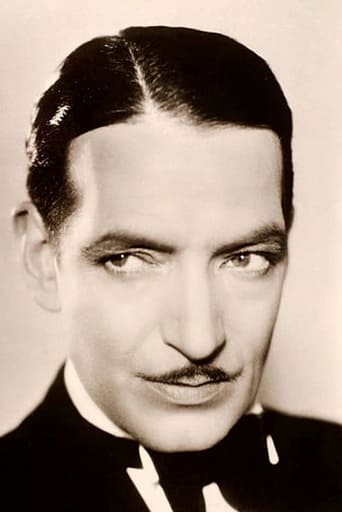A series of 19 musical and comedy "vaudeville" sketches presented in the form of a live television broadcast hosted by Tommy Handley (as himself).


Similar titles

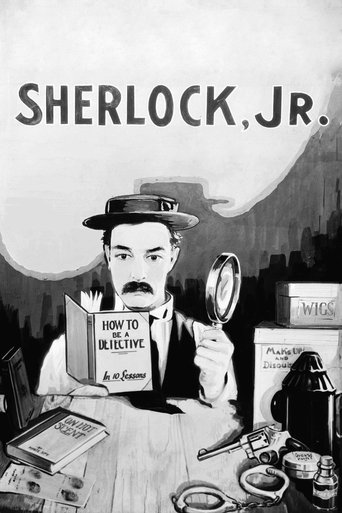
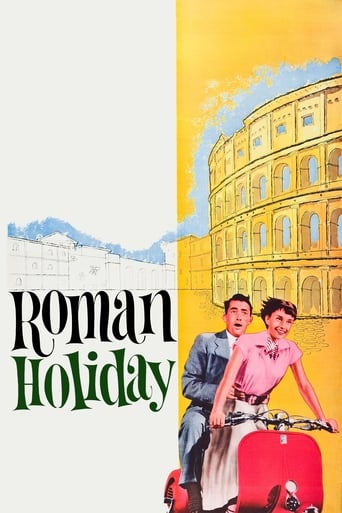
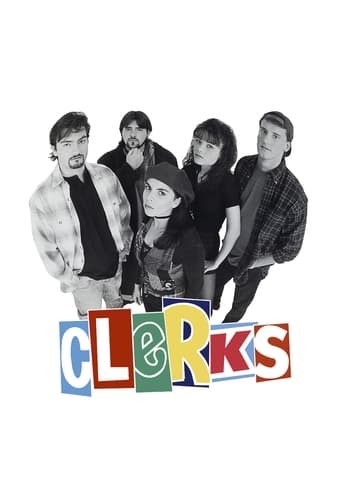
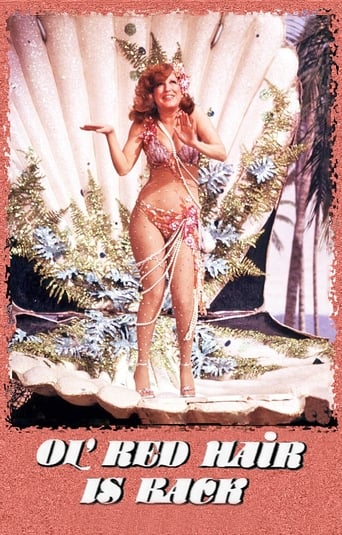
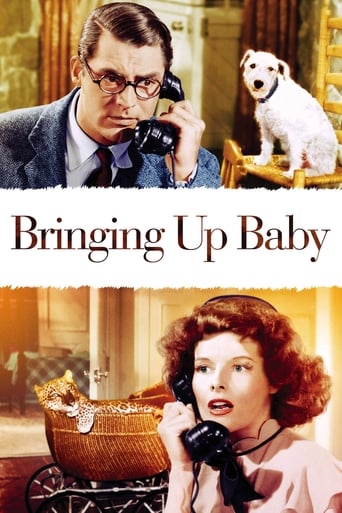


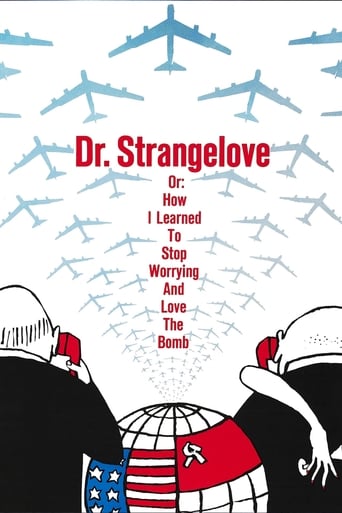
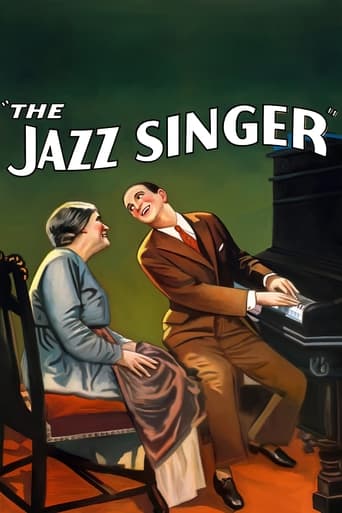
Reviews
In producing this brand-new singing, dancing, all-talkie film, British International Pictures inadvertently contrived to preserve a cross-section of the contemporary London stage scene from the West End to the music halls. Sit back in your seat, enjoy the entertainment beamed directly to your home (I had no idea that television existed in the popular perception long before the BBC), and let yourself be carried away back to the days of 1930, flitting from venue to venue to experience a night out in the London of the era. Some of the acts are to one taste, some to another, but you've paid for the programme as a whole so applaud and wait to see what's coming next.My personal favourite would be the live-wire tapping and jazzy tunes of the Three Eddies' blackface act (especially the skeleton dance!), but while overall I was interested in this revue chiefly for the music -- it features unknown (at least to me) tunes by Vivian Ellis and Ivor Novello, for example -- there's a good deal else that's worth enjoying, and a few tantalising glimpses 'backstage' at the Elstree studios as well."Elstree Calling" was edited on the cheap and rushed out in ten days for a hasty release to recoup the cost of production, and it shows. Few of the five or six camera angles filmed on every shot actually got used, for instance, and a number of bizarre choices seem to have been made, such as choosing to show a dance sequence via a camera focused too high and showing a vast expanse of curtain above the performers' heads but cutting off their actual feet -- or a shot that shows the performers disappearing off the left-hand side of the frame while focusing on the empty set centre-stage. Did anybody even take the trouble to screen these clips before attaching them together? (Director Adrian Brunel, who had left detailed directions for the compilation of his footage only for them to be totally ignored, complained in his autobiography "How could the Hulbert-Courtneidge numbers be slung together like that without looking like casual newsreel photographing?") I was also a bit puzzled by the smoke that appears to be pouring out of the top of the jaw-droppingly gigantic image of 'Little' Teddy Brown in the background of his first musical interlude -- presumably a side-effect of the stage lighting? But it isn't just the editing: certainly in the chorus sequences, the choreography tends to suffer from being cramped onto a film set, while no-one seems to yet have worked out how to avoid having a long line of girls strung out across the middle of a square-format screen. (See, e.g. the chorus sequences in British-Gaumont's "First a Girl" for more sophisticated treatment later in the Thirties.)Still, I found this glimpse onto the theatre world of the era thoroughly enjoyable: it was particularly interesting after having screened the shorts in the silent "On With the Dance" series of only a few years only, since the styles are very similar but obviously this time with music. Just don't expect cinema: theatre is what is advertised, and theatre is what you will get -- though there is a brief homage to the antics of Douglas Fairbanks in the burlesque "Taming of the Shrew" that closes the act!
Ellstree Calling is a delightful revue film for those who can appreciate eras other than their own. Some of the highlights are: The Three Eddies, a top African American tap dance team that made a big success in the U.K.; they dance two numbers in this revue. Two numbers also by Lily Morris are great giggle ("Why Am I Always the Bridesmaid" is gem of character comedy.) Cicely Courtneidge closes the movie in a production number in color, doing an amusing song & eccentric dance. And Donald Calthrop interrupts the proceedings a number of times as an actor willing to do anything to get his moment in the spotlight. A couple of color production numbers are campy at best, but the film's strength is the individual 'turns' by its variety stars. Ellstree Calling was one of the most successful early talkies anywhere in the world: it was translated into 11 languages and made a fortune through the United Kingdom, Australia, New Zealand, South Africa and other British outposts around the globe. -- Frank Cullen American Vaudeville Museum and Vaudeville Times quarterly
This is interesting as a period piece. It is also of interest to Hitchcock fans.Rather like the better-known American film King of Jazz, it is a collection of sketches albeit from the British music halls. Alas, this film is not nearly so good.Sadly the music hall acts do not work so well on film. Will Fyffe, composer of "I Belong to Glasgow" in particular dies the death of a dog in a ditch. There is a little Russian folk instruments orchestra who are uncredited. They probably only cost the studio ten pounds for the lot, and they may have been the same musicians who accompanied the great bass singer Fyodor Shalyapin on some of his best known records. To me they are the one act who come across well in this film. (Unlike Will Fyffe, balalaikas and domras will hold their own anywhere.) Sadly we may never know their names.I doubt if the film makers were aware that what they were producing was a time capsule.
Is it worth it to buy this movie? To a Hitchcock fanatic like myself (Vic Evans)I would say "Yes!" but to any person other than a movie historian I would say "Forget it!"It is a collection of skits and songs with a bit of comedy in the form of a London stage musical and comedy "Vaudeville" revue. Revues like this one have been done on the London stage from time to time since Vaudeville days. I remember seeing one in London in 1974 called "Carry On London" with Sid James and many other members of the "Carry On" movie comedy crew."Elstree Calling" (1930) is presented in the form of a very early live TV broadcast hosted by Tommy Handley. You also see a family attempting to tune into this program. Every so often between skits, you see how they are making out. They experience great difficulty throughout the show. The picture comes and goes as they attempt to adjust the set. The TV set even blows up and is later repaired. By the end of the presentation, the reception finally is restored and the program ends. The problems with this new medium (television) is one of the running jokes.To the audiences of today it is of little interest. The singing, dancing and comedy is standard for this type of English variety show of the day but terrible by today's standards. For dancing, think of "The Pleasure Garden" as a comparison. Those familiar with Hitchcock's work may remember "Mr. Memory" from "The Thirty-Nine Steps". The music hall in that film is a similar setting. Alfred Hitchcock said to Francois Truffaut about this film - `Not good.'There is little evidence of Hitchcock except perhaps for a short scene about a murder of the "wrong man". You should recognise the Hitchcock touch in it.While I don't think anyone knows for sure, I have read that Alfred Hitchcock may have been responsible for the TV broadcast/TV viewing family framework that links the skits together and a running gag with Donald Calthrop attempting to recite Shakespeare periodically throughout the broadcast.Best wishes,Vic Evans (marmalade_man [NOSPAM] at yahoo.com
